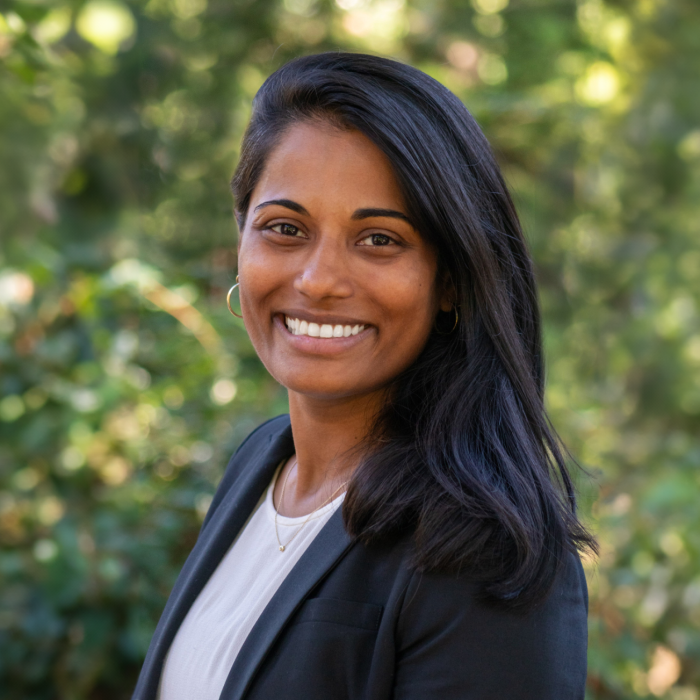2024 Research Speaker Series

Katya Cherukumilli
Assistant Professor, HCDE
NOVEMBER 14, 2024
Evaluating and Addressing Gaps in Safe Drinking Water Access in Public Institutions
Aging drinking water infrastructure in public schools and universities increases users’ risk of exposure to metals that are neurotoxic or impart an undesirable taste, odor, and appearance to the water. In addition to posing health, reputational, and financial risks, deteriorating water infrastructure also corrodes users’ trust in public tap water sources, promoting an unsustainable reliance on plastic bottled water. In this seminar, Dr. Cherukumilli will discuss two ongoing projects led by the Safe Water Equity and Longevity Lab (SWELL). First, she will present results from recent infrastructure and user surveys conducted at the University of Washington to document the impacts of buildings’ ages on the quality of public drinking water sources and the related experiences, perceptions, and behaviors of campus water users. Second, she will share findings from an exploratory study on the relationships between student demographic factors (e.g., household income, race), school district location, and the likelihood of lead contamination of drinking water fixtures in Washington State K-12 schools and childcare facilities.
Dr. Katya Cherukumilli is an assistant professor in the Department of Human Centered Design & Engineering and director of the Safe Water Equity & Longevity Lab (SWELL). Cherukumilli is an environmental engineer who studies the prevalence of natural and anthropogenic chemical contaminants in drinking water supplies to assess risk exposure and mitigate the associated disease burden. Her research leverages fieldwork, experimental lab work, human centered design, data visualization, and participatory research methods.
The HCDE Research Speaker Series is hosted Thursdays in Autumn Quarter by the Department of Human Centered Design & Engineering at the University of Washington. Presentations are open to the public.